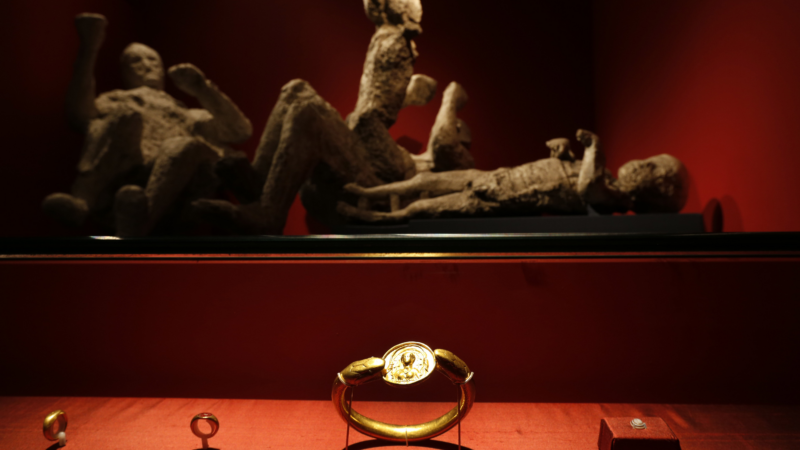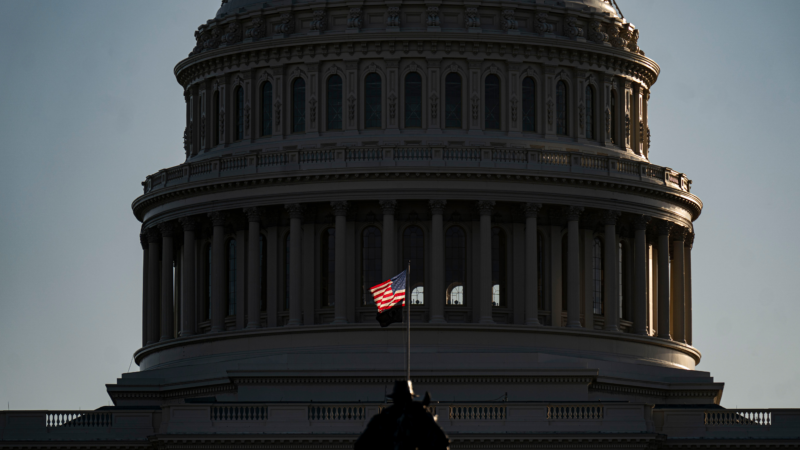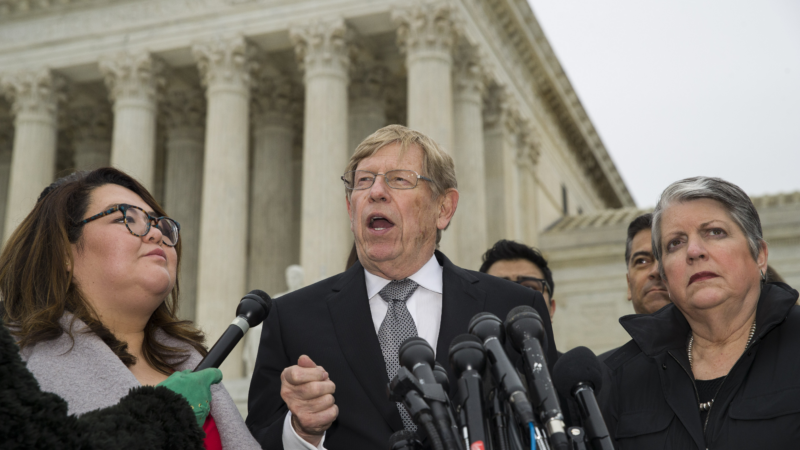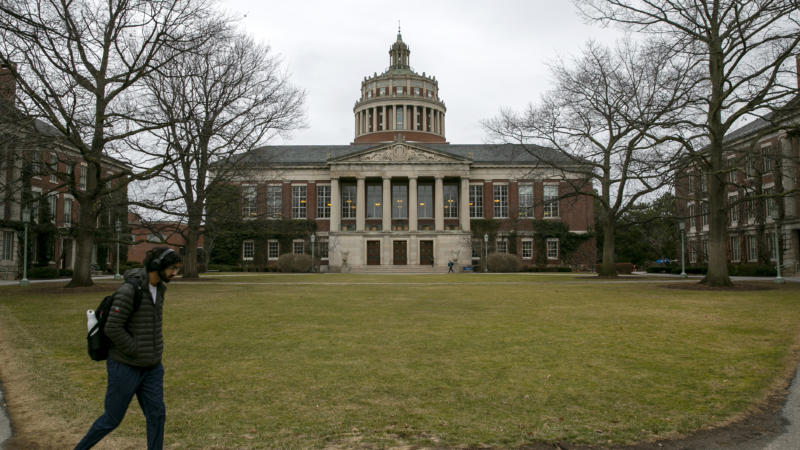New DNA evidence upends what we thought we knew about Pompeii victims
When a volcanic eruption buried the Roman city of Pompeii nearly 2,000 years ago, a thick layer of volcanic ash encased the bodies, preserving their forms.
The bodies, later immortalized by plaster casts, inspired narratives about who the victims were: for example, a mother holding her child, and two sisters embracing in their final moments.
New DNA evidence has upended some of those assumptions about the identities, lives and relationships of the ancient people. A group of four long-dead Pompeiians, for instance — once thought to be parents and their children — turned out to have no biological relation to one another.
A team of archaeologists and geneticists from the University of Florence in Italy, Harvard University and the Max Planck Institute for Evolutionary Anthropology in Germany, were able to identify the sex and genetic ancestry of five individuals who died in the Mt. Vesuvius explosion in 79 CE.
Their findings, published this week in the journal Current Biology, relied on DNA pulled from Pompeiians’ remains that were preserved with casts made in the 1800s by filling the voids left by their decomposed bodies.
Alissa Mittnik, a co-author with the Max Planck Institute, said in a news release that the findings “highlight the importance of integrating genetic data with archaeological and historical information to avoid misinterpretations based on modern assumptions.”
Another discovery revealed that an adult wearing a golden bracelet and holding a child, long believed to be a mother and child, were actually an adult man and a biologically unrelated child. The pair of individuals thought to be sisters, meanwhile, in fact include at least one genetic male.
“The findings challenge enduring notions such as the association of jewelry with femininity or the interpretation of physical proximity as evidence of familial relationships,” said Professor David Caramelli, from the Department of Anthropology at the University of Florence.
The researchers also warned against making similar misjudgments based on the new DNA findings.
“Instead of establishing new narratives that might also misrepresent these people’s experiences, the genetic results encourage reflection on the dangers of making up stories about gender and family relationships in past societies based on present-day expectations,” said co-author David Reich, a Harvard genetics professor, said in a press release.
Republicans retain their hold of the House, clinching full control of Congress
Republicans have officially won a full trifecta of power in Washington, D.C., following GOP victories in several key U.S. House contests.
Remembering Ted Olson, a titan of the law
Ted Olson, the Bush-era solicitor general, has died at age 84. He was a towering figure in the legal profession who argued 65 cases at the Supreme Court as solicitor general and as a private lawyer.
The Gulf States Newsroom is hiring a Regional Managing Editor
The Gulf States Newsroom is seeking an innovative leader to guide our public media collaboration to new heights.
‘I was shocked’: Lawmakers react to Gaetz pick to be Trump’s attorney general
Trump intends to nominate Rep. Matt Gaetz as attorney general and former Democratic Rep. Tulsi Gabbard as director of national intelligence, surprising many lawmakers who will have to confirm them.
University of Rochester investigates ‘Wanted’ posters accusing staff of Gaza war crimes
The posters, which appeared across campus, accuse university faculty of being complicit in war crimes against Palestinians in Gaza. The university president condemned the posters as antisemitic.
Fed up with high prices? Here’s where things stand with inflation
Inflation remains substantially lower than it did during its 2022 peak — but Americans are still frustrated with high prices.






